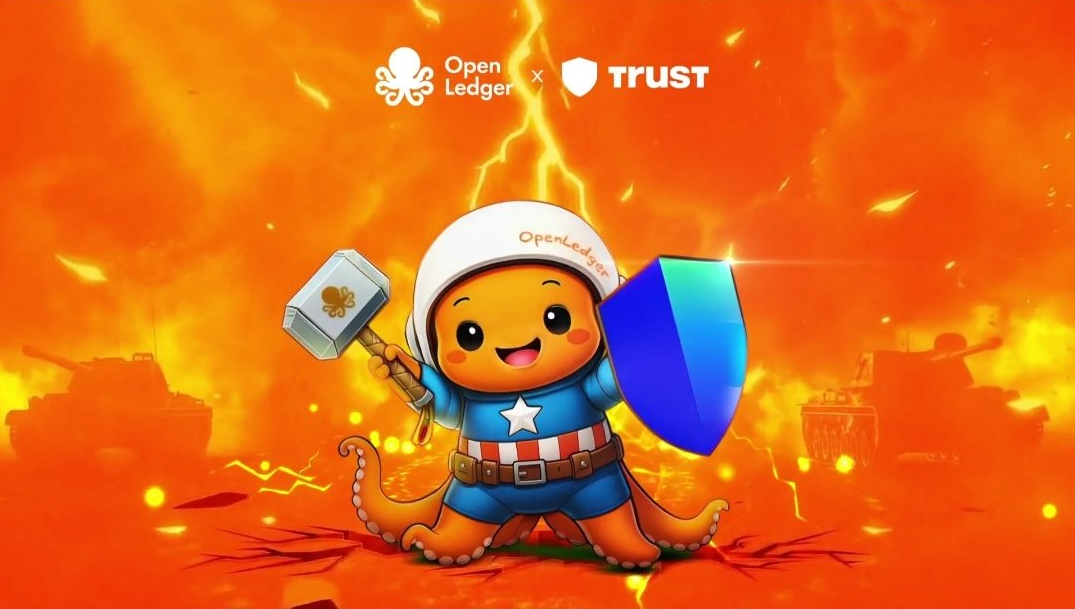On August 6, 2025, Openledger and Trust Wallet announced a strategic partnership to develop AI-powered Web3 wallets, a significant move aimed at solving one of the ecosystem’s biggest hurdles: its complexity. This collaboration will bring AI assistants directly into the wallet interface, allowing users to perform complex tasks using simple, natural language. For Trust Wallet's user base of over 200 million, this could be a game-changer, fundamentally redefining how individuals interact with digital assets.

Image: @lilbratel3na on X (Twitter)
The AI-Driven Solution to Web3's Usability Problem
For many, the promise of Web3 has been tempered by a steep learning curve. The technical jargon and multi-step processes required for common tasks—like cross-chain transfers, staking, and trading—have been a significant barrier for newcomers. The current user experience (UX) often forces individuals to act like developers, not users, which has severely limited mainstream adoption.
Openledger and Trust Wallet are confronting this problem head-on. As Openledger core contributor Kamesh said, the partnership is about "turning technical tasks into simple conversations." This means that instead of navigating multiple menus or understanding intricate transaction details, a user could simply command the wallet to "transfer 5 ETH to my friend's wallet" or "stake all my tokens in the highest-yielding pool." The AI assistant handles the complexity behind the scenes, making the process intuitive and conversational.
The integration promises a suite of features designed to simplify the user journey:
-
Natural Language Commands: Users can perform complex on-chain operations using voice or text.
-
Smart Transaction Suggestions: The wallet can provide personalized suggestions based on a user’s behavior.
-
Automated On-Chain Operations: The AI can execute certain tasks automatically while maintaining user control.
This is more than just adding a new feature; it’s a profound shift from a passive wallet to an active, intelligent assistant. By removing the need to understand specific blockchain jargon, this new technology could be the key to bringing the next wave of users into the space, accelerating the adoption of decentralized finance (DeFi) and other Web3 applications.
Paving the Way for Mass Adoption
This collaboration signals that the industry is finally taking the usability problem seriously. As wallets evolve from static repositories of assets to smart agents, the user experience becomes the primary focus. A more intuitive and accessible UX can lead to more users, more transactions, and a healthier ecosystem overall.
Trust Wallet CEO Eowyn Chen echoed this sentiment, emphasizing the partnership's commitment to "personalize and simplify the wallet experience without compromising our mission of user ownership and self-custody." The success of this new wallet will hinge on its ability to strike a balance between powerful AI assistance and the core principles of decentralization and security that Web3 is built upon.
Ultimately, this move isn’t just a product launch; it’s a blueprint for the future of Web3. Openledger and Trust Wallet are laying the foundation for a more user-friendly, secure, and dynamic digital future, and their success could set a new standard for the entire industry.
References
[1] Bitcoin - Openledger, Trust Wallet team up to launch AI-powered Web3 wallet, August 5, 2025
[2] AInvest - OpenLedger and Trust Wallet Launch AI-Powered Conversational Crypto Wallet, August 5, 2025











